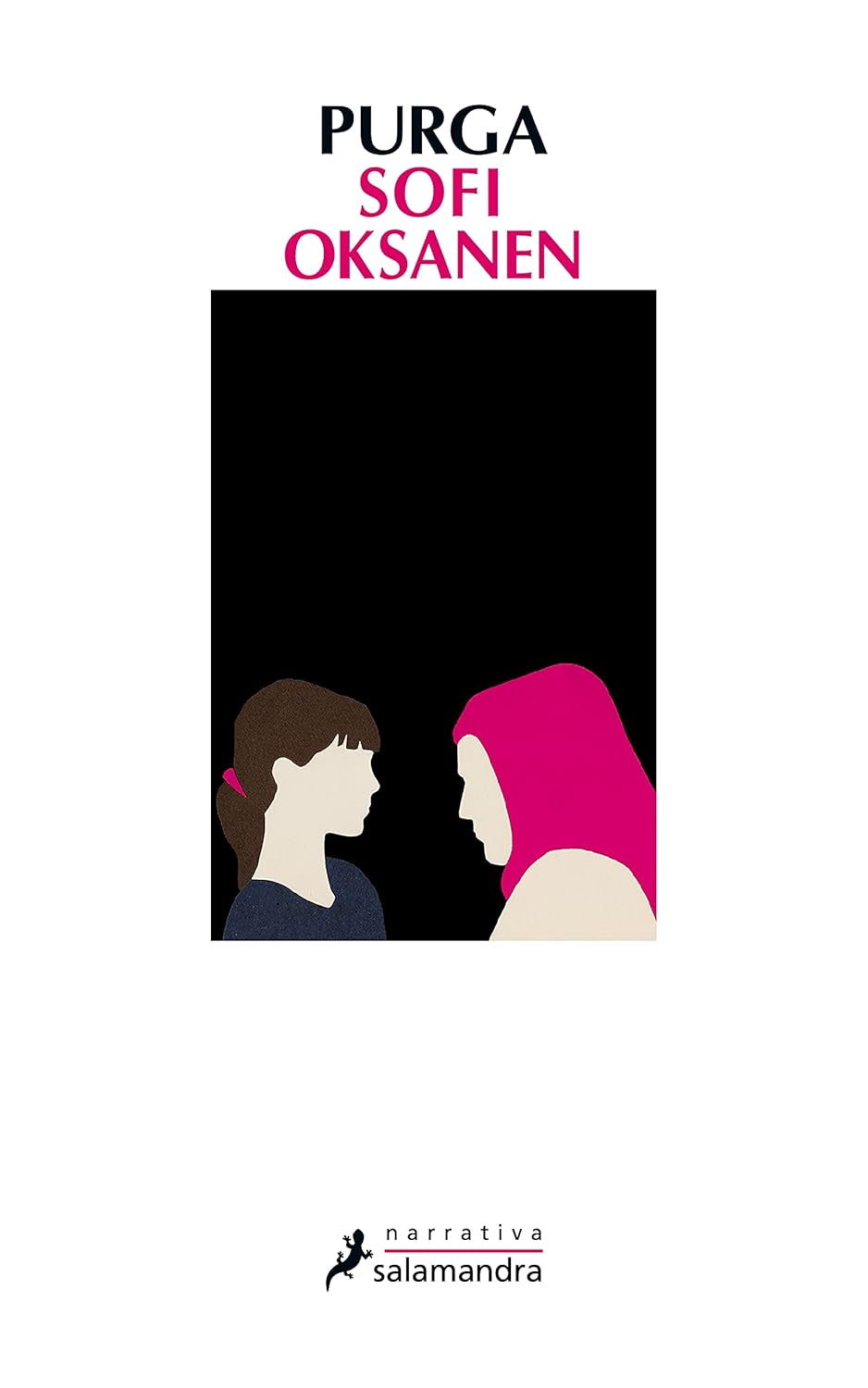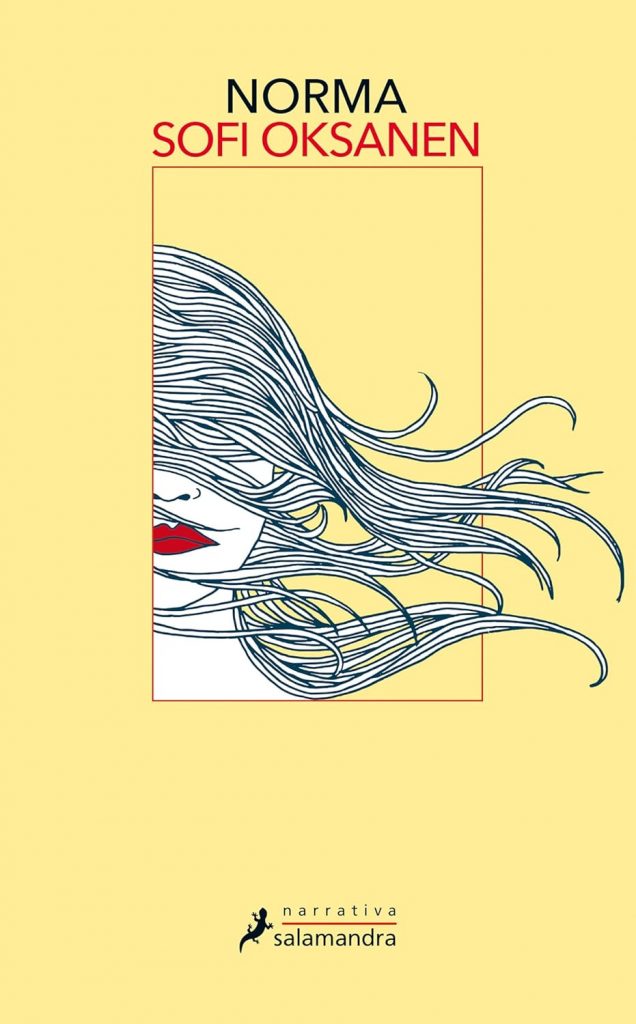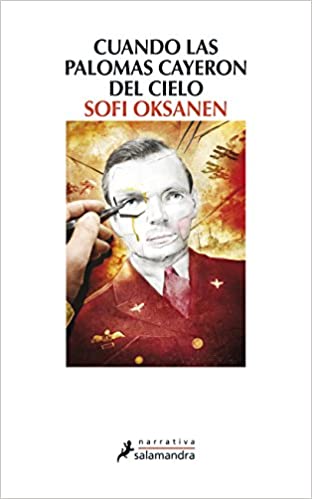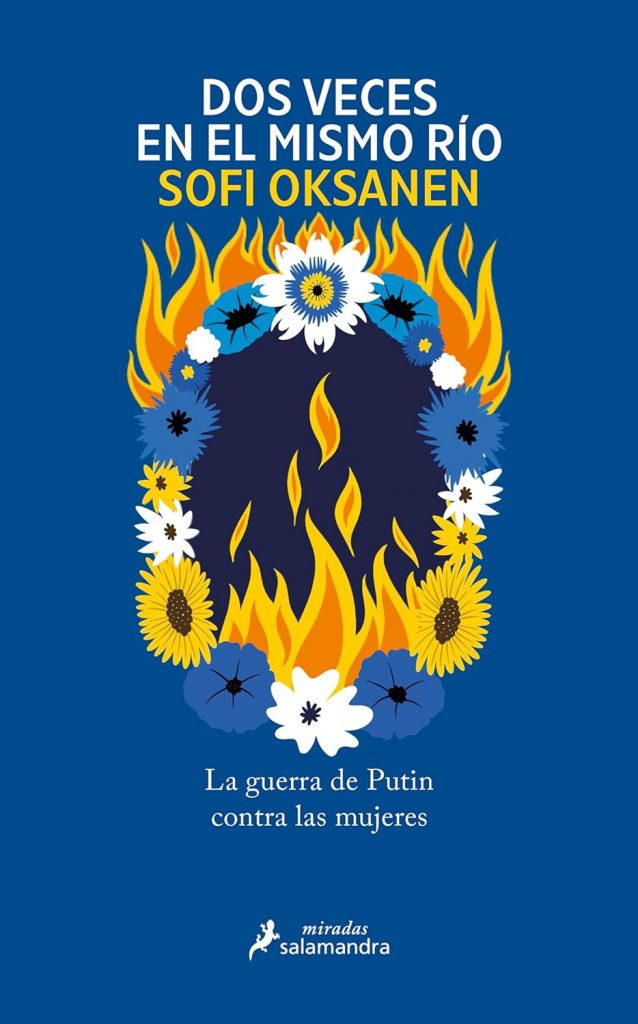The Finnish Sofi oksanen it is more than the stereotype of a committed writer. Because his literature is a stark contract with the truth, with a frankness that only exists in the depths of his characters loaded with obsessions and guilt.
In their shifting locations between the historical fiction or the closest space, Oksanen always capitalizes on everything in the characters, under a plot that can season with intriguing aspects that perfectly complement his works.
Protagonists of tormented lives or at least of pasts that are irreconcilable with continuing to be. But at the end of the day, people are fierce defenders of their decisions, made in the face of a world that always exposes them, like eccehomo, to existence or nothingness.
Probably, this rabid truth is born from the author's need to bring her characters to the stage, to script plays almost out of professional deformation with her dramatic art studies.
Little by little, this author is opening her range towards more general arguments, let's put it that way, from her previous in-depth study of a variety of psychological problems that affected the entire society thanks to intimate narratives. Revealing, of course, in terms of social taboos, and magnetic in the most literary way with its mixture of concise and lyrical language.
Top 3 recommended books by Sofi Oksanen
Purge
The commitment to purge, genocide, pogrom or simply the particular animosity motivated by hatred and evil... historically, many peoples have been pushed towards extinction based on rights twisted to the point of moral deformity. But almost none have ended up disappearing. Because the human being's determination to live when pushed to the contrary is worthy of a belief in divine will.
With this novel, Sofi Oksanen won over a much wider range of readers and critics. It was his third work of fiction and only with an enlargement of the plane of her intense characters did he achieve that success that always ends up waiting for the great narrator. We are located in 1992, months after the Soviet dissolution that presented new states like Estonia, being configured with their parliaments and still exposed to the risks of the democratic intention that can end in severe opposing regimes.
But that's just the general flavor of the plot. Because the important thing is to know Aliide and Zara, two women in a chance encounter punctuated by danger, but also by empathy, surrounded by the feeling of vital risk and, however, filled with the essential humanity of two women who little by little They understand little about each other and end up coming together to intertwine their distant but surprisingly intertwined stories.
Standard
When the body of Anita Ross is found in the Helsinki metro, all fears are confirmed: the woman has just thrown herself on the tracks. But Norma, her only daughter, is incredulous, since mother would never have left her alone with her secret: her hair lives, experiences emotions, gains momentum and grows so quickly that it has to be cut several times a day.
Willing to do everything in order to know the truth, the young woman decides to reconstruct her mother's last days, even offering herself in the beauty salon where she worked, one of the businesses of a clan that also traffics in surrogate bellies. Stalked by the past and caught in a tangle of deception and exploitation, Norma must fight to clarify the facts and achieve freedom.
With imaginative, suggestive and poetic prose, Sofi Oksanen concocts an unsettling plot about mafia networks that prey on women, in a radically original novel that paves her own way as Norma Ross plunges into the past in search of Her future.
When the doves fell from the sky
The work immediately after Purge, that great leap to success that even in its film version almost won the Oscar. But Sofi's pulse did not tremble and she devoted herself to this new novel that encapsulates touches of suspense among a new historical fiction full of realism. The result is a magical composition that in its surgical precision of language, punctuated by moments of poetic outbreaks, limits the story to reach the emotions of any reader.
Set in Estonia during the period before and after World War II, and narrated with that tight and enveloping prose that so impressed the readers of his previous novel, Oksanen has written a captivating story of intrigue and love that delves into the depths of the world. being human, while exposing the various interpretations that a single historical event can elicit.
The narrative revolves around three people as different as they are irretrievably united. On the one hand, Roland and Edgar, two cousins who, after passing through a German training camp in Finland, fight against the brutal Soviet occupation. On the other, Juudit, Edgar's young wife, who has been trapped between the two sides and attends, bewildered, the jubilation that occurs when the Germans take control of the country. Thus, while Juudit doubts the true intentions of the Nazis as much as the future of their marriage, marked by lack of passion, Roland does not stop recording his impressions in a diary in the hope that one day it will serve to publicize the true history of Estonia.
Both share a strange relationship with the enigmatic Edgar, who represents like no one else the infinite capacity of adaptation of certain people when they are subjected to an extreme situation. Thus, over three decades, the historical evolution subtly merges with a profound psychological portrait and a perfectly dosed suspense that is not resolved until the last page.
Other recommended books by Sofi Oksanen
Twice in the same river
The remote contradictions of Russia fascinated with authoritarianism that only changed color from one era to another. The ideology of the eternal struggle with the West, the notion of the homeland as a defeated empire always to be recovered, always in legitimate intervention on history with force if necessary.
Russia is carrying out its old road map in Ukraine, like Empress Catherine the Great in Crimea in 1783, and like the USSR and Stalin later, on a larger scale. Russia has never turned its back on its imperialist past. On the contrary, the Kremlin has worked to demonize its opponents, using this propaganda to employ sexual violence in war and dehumanize victims of human rights crimes.
In Putin's Russia, equality is on the decline. Russia silences women, uses rape as a weapon, and humiliates its victims in the media by publicly threatening them with retaliation. A powerful essay by one of today's great European authors.




